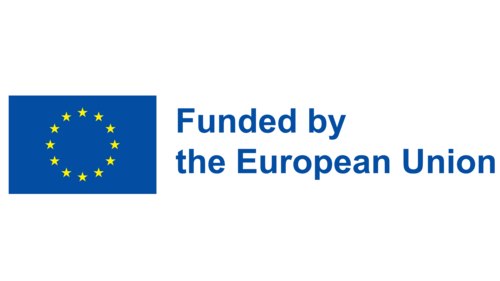Successful second ELSA General Assembly in Bowness-on-Windermere
Successful second ELSA General Assembly in Bowness-on-Windermere
The annual General Assembly provided the ELSA consortium an opportunity to reflect on the accomplishments and challenges of the past year, set against the picturesque backdrop of Lake Windermere. ELSA coordinator and CISPA-Faculty Prof. Dr. Mario Fritz, in his opening remarks, thanked the consortium for reaching many important milestones: “Last year, we published our strategic research agenda, clearly identifying and addressing the major challenges on the path to safe and trustworthy AI. The successful launch of the ELSA Benchmarks Platform also supports our goals by enabling us to test and evaluate the technologies and methods we develop under real, application-relevant conditions. Lastly, in our first ELSA Industry Call, we collaborated with five emerging startups, helping them realize their vision of secure AI that serves society.”
Industry Call Winners enrich the Meeting with their Perspectives
Antti Honkela, a professor at the University of Helsinki and leader of the "Privacy and Infrastructures" work package at ELSA, particularly valued the exchange with representatives of the winning startups Algomo, OtCCT, QuantPi, Oasys Now, and Sarus: “I learned a lot from their perspectives on applying secure AI in the real world.” At the conclusion of their collaboration with ELSA, the five winners presented their companies and results at the General Assembly. Each of them is working on different aspects of secure and trustworthy artificial intelligence. More information on their work and vision can be found here.
Best Poster Awards for young Researchers
In addition to long-established AI experts from research and policy, many talented PhD students attended the ELSA General Assembly, seeing it as a great opportunity for networking and professional exchange. During a poster and pitch session, they presented their current work to the internationally renowned AI experts of the excellence network. At the end, three PhD students were awarded the Best Poster Award by an independent jury: Alaa Anani, researcher at CISPA and the Max Planck Institue for Informatics, CISPA researcher Jan Wehner, as well as Marlon Tobaben from the University of Helsinki. Their work addresses topics such as the certification of machine learning models, novel defense mechanisms for large language models and privacy vulnerabilities in image classification models,
ELSA’s role in the EU and beyond
Professor Battista Biggio from the University of Cagliari, leader of the "Technical Robustness and Safety" work package at ELSA, is pleased with the network’s progress: “ELSA tackles some major challenges, for which there are no trivial solutions, and aims to go far beyond the current state of the art to advance robust and secure AI, privacy-preserving technologies, and explainable AI models. I think that ELSA has successfully laid the foundation for collaboration between top researchers, institutions, and companies, already leading to significant progress in this field.” ELSA's work is made easier by the fact that ELSA builds on ELLIS (European Laboratory for Learning and Intelligent Systems), a vibrant, excellence-driven community of top machine learning experts in Europe that has existed since 2018. ELSA expands ELLIS and is leveraging its full momentum.
Professor Plamen Angelov from Lancaster University, host of this year’s meeting and leader of the "Human Agency and Oversight" work package, finds also ELSA’s adaptability remarkable: “Developments like the wider use of GPT and large language models (LLMs), technological advancements, the EU AI Act, and similar initiatives in the USA and UK occurred during ELSA’s project period and were not entirely foreseeable when ELSA was conceived, at least not in terms of timing. Adapting to these changes has been an exciting process.”
Looking to the future
The General Assembly was also crucial for looking ahead: What do we still want to achieve? According to Biggio, the goal is to continue providing expertise, innovative methodologies, libraries, and tools, while also paving the way for safer applications of AI technologies through educational materials – hopefully extending beyond this project. Angelov added: “We want to create an ELSA ecosystem that makes a difference and has a positive impact. It is very encouraging to see that such an ecosystem is already beginning to take shape.”
Those paying close attention also got a sneak peek into the upcoming expansion of the network, which will bring new partner institutions into the fold. ELSA continues to grow beyond itself.
